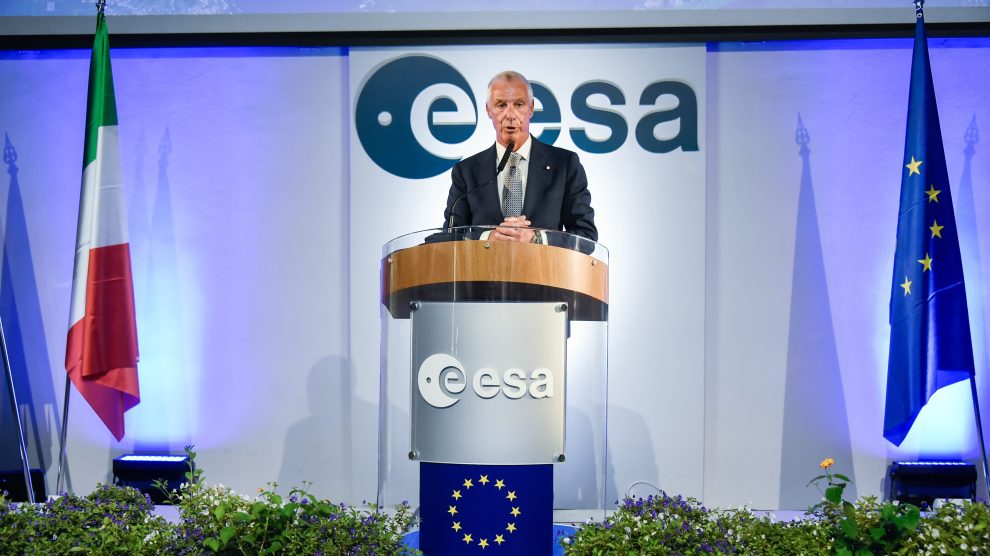Decoding the news. During the States General of Defense in Frascati, Italy showcased itself as a bridge between institutions, industry and academia, positioning as a driver of Europe’s push for security and strategic autonomy.
Information defense comes first. The line between peace and war — kinetic, digital, cyber and physical — is increasingly blurred.
- Information quality, integrity and confidentiality are the compass of liberal democracies. Yet this compass is under attack.
- Disinformation, polarization and cognitive biases corrode public debate, turning citizens and their smartphones into vectors of manipulation.
- Elections — local, national, European — are becoming sensitive targets. London is debating a national agency against disinformation; Rome and Brussels are being urged to follow.
Hybrid threats: all for one, one for all. Hybrid warfare spans land, sea, air, space, cyber and cognitive domains.
- Response requires new intellectual, operational and technological tools.
- The formula is whole-of-society defense: from academia to the military, from industry to politics, everyone must be mobilized.
- Not alarmism, but grand strategy: top-down leadership combined with bottom-up resilience.
The technology front. Deepfakes, generative AI, quantum computing and cyber operations in space are reshaping the battlefield.
- Critical infrastructure at risk: satellites, telecom, navigation and radio frequencies.
- Europe must adopt common regulatory and sanctioning tools, plus joint research and training programs.
- A cultural shift is needed: cybersecurity and digital literacy as strategic civic skills.
The clash of systems. The confrontation is Democracies vs Autocracies.
- Autocracies act with speed and decisiveness; democracies debate and consult, leaving their information systems exposed.
- In 2024 alone, over 500 hybrid attacks targeted Italy’s institutions and citizens’ trust.
- The priority: defend the cognitive domain and secure electoral processes and decision-making mechanisms.
- The paradox: to defend democracy, democracies may need to touch their own foundations.
- If weaponized, freedom of speech and pluralism risk becoming tools of division and disinformation.
Why it matters. Rome focuses on national, European and Western cognitive resilience. An informed people means a prepared nation. That’s essential in peacetime, and vital in the turbulent times Europe is entering.





